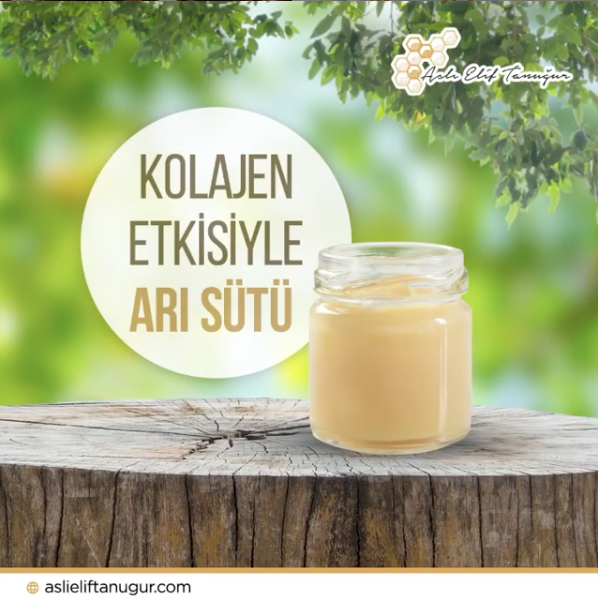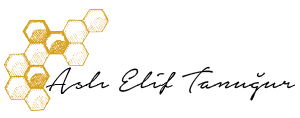
Collagen constitutes about one-third of whole-body proteins, and it is the main structural protein of various connective tissues such as skin and cartilage in the body. Collagen has many vital functions, including building skin, bones, tendons, and ligaments, making cartilage, which is the flexible tissue between bones and in ears and nose, and creating muscles and blood vessels. Several factors influence the appearance, structure, and integrity of the skin, such as aging, hormones, UV radiation, and nutrition. During aging, qualitative and quantitative changes occur in the skin. Loss of elasticity, reduction in the epidermal thickness and collagen content, and increased wrinkling are the features of aging skin. Therefore, it is crucial to follow a proper diet, promoting its synthesis, and also to enhance our diet with foods or dietary supplements rich in collagen. For example, royal jelly, an all-natural bee product, encourages collagen synthesis. It contains unique compounds such as royalactin protein and 10-HDA, which are not available in any other food source. Besides, its composition includes B-complex vitamins (B1, B2, B3, B5 & B6) and minerals of zinc, magnesium, and iron. Hence, I do recommend taking at least 1 tbsp raw honey and royal jelly mix every day regularly. Stay healthy!
References:
References:
1. Park H, Hwang E, Lee K, Han S, Cho Y, Kim S, "Royal Jelly Protects Against Ultraviolet B–Induced Photoaging in Human Skin Fibroblasts via Enhancing Collagen Production" Med Food 14 (9) 2011, 899–906.
2. Proksch, E., Segger, D., Degwert, J., Schunck, M., Zague, V., Oesser, S., Oral supplementation of specific collagen peptides has beneficial effects on human skin physiology: a double-blind, placebo-controlled study. Skin Pharmacol Physiol. 27(1): 47- 55, 2013.
3. Asghar, A., Henrickson, R.L., Chemical, biochemical, functional characteristics of collagen in food system. Advances in food research 28: 231- 372-7.
